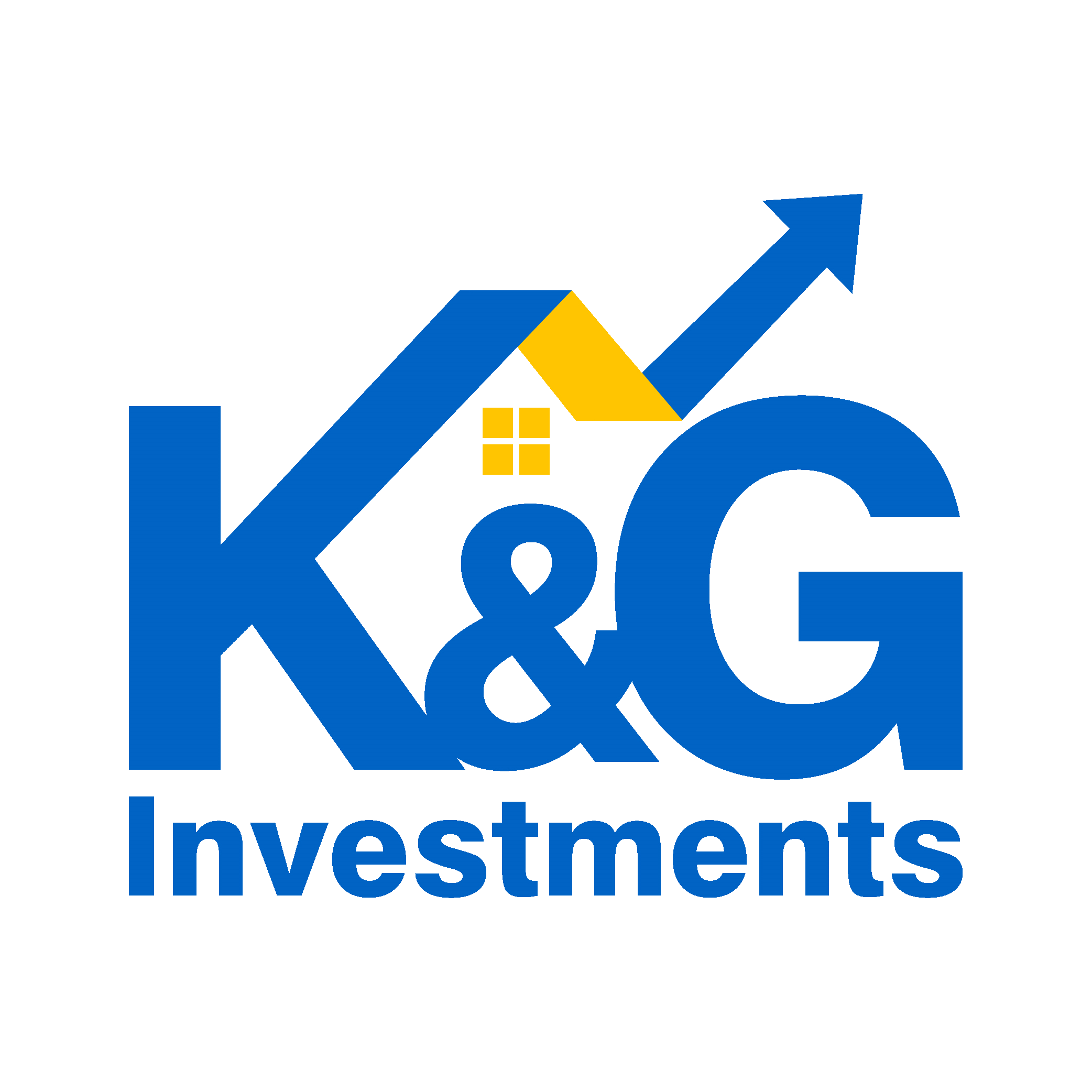
What Steps Should You Take Before Selling a Mortgaged House?
Is It Possible to Sell Your House While Still Paying Off the Mortgage?
Indeed, it is possible to sell your home even if you have not yet paid off your mortgage. It is essential to comprehend the real estate transaction process, regardless of whether one is in Minnesota or another state. The process is as follows:

- Selling a House with a Mortgage: You don’t need to pay off the entire mortgage before selling. The money from the sale usually pays off the remaining mortgage balance.
- Real Estate Transaction Mortgage Minnesota: If you’re selling in Minnesota, follow the steps for transferring a property with a mortgage.
- Mortgage Balance at Closing: The sale proceeds will be used to pay off the mortgage at closing.
How Do You Calculate the Remaining Balance on Your Mortgage?
It is crucial to be aware of the remaining balance of your mortgage to prepare for the sale. This will assist you in comprehending the amount that must be paid at the time of closing.
- Mortgage Payoff Statement Sale: Ask your lender for a mortgage payoff statement. This will tell you the exact amount you owe at closing.
- Remaining Balance Calculation: The payoff statement shows the remaining principal, interest, and fees up to the sale date.
- Mortgage Balance at Closing: Work with your lender to ensure the balance aligns with the closing date.
What Role Does Your Lender Play in the Selling Process?
Your lender has an important role when you sell your house with an outstanding mortgage.
- Lender Requirements for House Sale: Consult with your lender to ascertain their requirements and guarantee that you satisfy them before the sale.
- Real Estate Transaction Mortgage Minnesota: Lender requirements might vary by state, including Minnesota, so be familiar with them.
- Existing Mortgage Coverage: The sale should bring in enough money to pay off your mortgage, with extra money going to you.
Are There Legal Requirements to Consider When Selling a Home with a Mortgage?
Knowing the legal requirements is essential when selling a mortgaged home, especially in Minnesota.
- Minnesota Real Estate Laws: Knowing the state’s regulations governing real estate transactions is essential.
- Clean Title Requirement, Minnesota: Provide a clean title. This may involve settling any liens on the property before transfer.
- Legal Requirements for Title Transfer with Mortgage: Work with experts to meet all legal requirements for a smooth title transfer, keeping lender rules in mind.
How Does Selling a House with a Mortgage Affect Finances?
It can be challenging to sell a home while still having a mortgage. Let us examine the impact of this on your financial situation in various scenarios.

Will Closing Costs Impact Your Profits from the Sale?
If you’re selling a home in Minnesota, closing costs can take a big bite out of your profits:
- Closing Costs: These are fees for things like appraisals and title insurance. They usually range from 2% to 5% of the sale price of your home.
- Mortgage Payoff: To see how this affects your money, subtract what you still owe on your mortgage from the sale price. This will help you determine your net earnings.
- Calculating Profits: Take the sale price and subtract the closing costs and mortgage debt. This will show you your net profit.
Can You Negotiate a Short Sale with Your Lender?
If you’re having trouble with your mortgage in Minnesota, a short sale might help:
- Comprehending Short Sales: You can sell your property for a lower price than you owe, but you must obtain the lender’s consent.
- Lender Requirements: You must show that you have financial problems and provide the proper paperwork to your lender.
- Negotiation Strategies: Learn about Minnesota’s short sale rules. Talking openly with your lender is key to getting good terms.
How Do Prepayment Penalties Influence the Sale of Your House?
Prepayment penalties are extra charges for paying off your mortgage early. Here’s how they can affect your sales in Minnesota:
- Evaluate Penalty Clauses: Check if your mortgage includes these penalties. They can change your total payoff amount.
- Effect on Mortgage Balance: Consider how these penalties might raise the amount you owe at closing.
- Financial Planning: Knowing prepayment penalties helps you plan your budget and understand their impact on your payoff amount.
Is Refinancing an Option Before Selling?
Refinancing could be something to think about before putting your house up for sale:
- Mortgage Discharge: Refinancing might offer better loan terms, which could help you pay off your mortgage at sale time.
- When to Refinance: Decide if refinancing during a house sale matches your money goals, especially with your remaining balance.
- Considerations: Refinancing can change your payoff schedule and save money if you get a better interest rate.
If you have questions or want advice, contact K&G Investments for expert help with Minnesota’s real estate market.
How Can You Maximize Home Value Before Selling?
What Home Improvements Offer the Best Return on Investment?
Focus on renovations that generate substantial returns when selling your residence. These upgrades are cost-effective:

- Kitchen Remodeling: Updating countertops, cabinets, and appliances can significantly increase home value.
- Bathroom Upgrades: Simple changes like new fixtures or paint can make a big difference without high costs.
- Energy-Efficient Improvements: Adding energy-efficient windows or insulation lowers utility bills and attracts eco-conscious buyers.
In addition to improving living areas, these home renovations increase the desirability of your property to prospective purchasers.
Should You Stage Your Home for Potential Buyers?
One of the best ways to sell your house is to stage it:
- First Impressions Matter: A well-staged home lets buyers envision themselves living there and builds an emotional connection.
- Highlight Strengths: Staging emphasizes your home’s best features and reduces attention to flaws.
- Faster Sales and Better Offers: Staged homes typically sell faster and for more money.
With these benefits in mind, you might want to hire a professional stager or use online tools to improve the appearance of your home.
How Important is a Home Appraisal in Determining Sale Price?
A home appraisal is key to setting your property’s value:
- Accurate Property Valuation: To determine a competitive sale price, an appraisal provides a qualified evaluation of your home’s market value.
- Informs Negotiations: Knowing your home’s value helps in negotiations with buyers and lenders.
- Lender Requirements: An appraisal is typically required for a buyer to be approved for a mortgage.
Understanding the appraisal process helps you prepare to sell your home successfully.
Can Curb Appeal Make a Significant Difference?
Curb appeal is essential for making a good first impression:
- First Impressions: The exterior is what buyers see first; a clean and inviting look makes your home memorable.
- Landscaping Improvements: The aesthetic appeal of a property can be significantly enhanced by planting flowers or maintaining a well-maintained landscape.
- Exterior Enhancements: Painting the front door, cleaning pathways, or updating lighting fixtures boosts attractiveness.
Focusing on curb appeal creates a lasting impact that may lead to a quicker sale at a better price.
What is the Role of a Real Estate Professional in Selling a Mortgaged Property?
How Can a Home Buyer Help Navigate the Housing Market?
Selling a house with a mortgage in Minnesota can be tricky. A real estate professional is vital in making this easier. They know the local market well and can guide you in the Minnesota real estate scene. Looking at current market trends, they offer helpful advice to help sell your property successfully.

What Services Should You Expect from a Real Estate Professional?
When selling your home, a real estate professional provides several services:
- Market Your Mortgaged Home: They employ advertising to attract prospective purchasers.
- Pricing Guidance: They set a fair price using market analysis.
- Negotiating Offers: They handle buyer questions and work out terms for the best deal.
- Handling Paperwork: They manage the documents needed for the sale process.
They earn a commission, but their skills and tools often save time and might boost the final sale price.
Should You Choose a Local Specialist in Minnesota Real Estate?
Selecting a Minnesota local real estate expert has advantages. Their awareness of local market trends helps them to draw the correct kind of buyers. Their knowledge helps control local policies and procedures, smoothing out the transaction. Selecting someone with local knowledge raises the likelihood of a positive result.
How Does a House Buyer Assist with Negotiating Offers?
Negotiating offers is essential in any real estate deal. An experienced house buyer helps with buyer needs and guides you through counteroffers and conditions. They aim to get the most from each offer while keeping the sale process on track. When selling a mortgaged property in Minnesota, they ensure all talks match your financial goals and timelines for a successful close.
For more insights into selling your mortgaged property, visit K&G Investments. Explore additional resources or contact us for personalized advice.
Understanding the Minnesota Housing Market Dynamics
What Are the Current Trends in the Minneapolis Real Estate Market?
The Minneapolis real estate market is transforming, with significant forces influencing its direction. Recently, there has been a surge in property sales, owing primarily to low mortgage rates and an increased desire to own a home. Buyers are aggressively looking for properties, making the Minnesota housing market quite active. Key trends include:

- There is more demand for suburban homes as remote work becomes more common.
- An increase in real estate transactions is due to reasonable mortgage rates.
- Property prices continue to rise, showing a strong seller’s market.
People buying or selling in the Minneapolis market can make smart decisions if they know about these trends. This knowledge helps them handle the complicated nature of real estate deals.
How Do Seasons Influence Home Sales in Minnesota?
Seasons play a big part in how home sales happen in Minnesota. The state’s clear climate patterns majorly affect buyer behavior and market dynamics. Here’s how they influence the market:
- Spring and Summer: This season is usually the most active time for Minnesota home sales. Warmer weather leads to more open houses and property visits, which results in more buying activity.
- Fall: This season is still good for real estate, but slows down as people focus on school schedules and upcoming holidays.
- Winter: Harsh weather conditions in winter usually mean fewer home sales. However, motivated buyers and sellers can still find opportunities during this quieter period.
Knowing these seasonal factors can help homeowners determine the optimal time to offer their houses and capitalize on buying trends.
Are There Unique Challenges to Selling a Home in St. Paul or the Twin Cities?
Selling a home in St. Paul or the more significant Twin Cities area comes with unique challenges that sellers should know about. Here are some common issues:
- Urban Market Dynamics: The Minneapolis real estate market is very competitive, and urban settings need strategic marketing to stand out among listings.
- Diverse Buyer Pool: The Twin Cities’ varied demographics mean that sellers must appeal to different buyer preferences, from young professionals to families.
- Economic Fluctuations: Changes in economic factors, like employment rates and local policies, can unpredictably affect market conditions.
By knowing these challenges, sellers can better prepare their homes for successful sales in these busy markets.
What Should Sellers Know About Buyer Preferences in Minnesota?
In Minnesota, knowing buyer preferences is essential for sellers who want to do well in the housing market. Here’s what sellers should keep in mind:
- Regional Differences: Preferences can be very different across regions. Urban buyers might want to be close to amenities and public transit, while suburban buyers may look for larger homes with outdoor spaces.
- Key Home Features: Popular features include updated kitchens and bathrooms, energy-efficient systems, and smart home technology. Sellers should emphasize these aspects to attract potential buyers.
- Buying Trends: There is a growing interest in environmentally friendly homes, so adding sustainable features could increase appeal.
By aligning home presentations with these buyer preferences, sellers can better meet market demands and get favorable results.
For more insights on the Minnesota housing market, consider visiting K&G Investments for expert advice and guidance.
FAQs:
Can I sell my house in St. Paul if I still have a mortgage?
Yes, you can sell a house in St. Paul or the Twin Cities, even with a mortgage. When you sell, the remaining mortgage balance is paid off at closing, usually from the sale proceeds.

What are the steps for a smooth home sale process in Minnesota?
Ready to sell your home in Minnesota? Read up on seller disclosure rules and get your home ready for sale. Setting up your home can help it sell faster. Also, working with a real estate agent who knows how the local market works is a good idea.
Do I need to worry about dual agency in Minnesota real estate?
Minnesota allows dual agency, but the buyer and seller must disclose and consent. Before you commit to an agreement, you should understand how the dual agency will affect it.
How does the escrow process work when selling a house in Minnesota?
Escrow is a neutral party that handles money and documents until the sale conditions are met. It ensures the mortgage payoff statement matches the sale amounts.
What should I know about selling an inherited property in Minnesota?
Selling an inherited house might require extra steps, like probate. Knowing the home sale process and working with a lawyer can help manage legal issues.

If I have a mortgage, can I sell my home FSBO (For Sale By Owner)?
Yes, you can sell your home FSBO even with a mortgage. You must know about title transfer and lender requirements. A real estate professional can provide guidance.
What are the lender’s requirements when selling a property with multiple mortgages?
Lenders require all mortgage balances to be paid off during the sale. If multiple mortgages exist, lienholders must agree on the payoff order, especially in a short sale.
Are there specific Minnesota laws regarding seller disclosures I should be aware of?
Minnesota requires sellers to disclose known property issues to buyers. Following these laws is essential to avoid legal troubles later.
Key Insights
- Selling a house with a mortgage in Minnesota means you need to know the home sale steps, like handling title transfers and what your lender wants.
- In St. Paul and the Twin Cities, selling your house is easier if you prepare it well. This means staging and marketing it, especially if you go the FSBO route.
- If you’re selling a home with multiple mortgages, understanding Minnesota’s reverse mortgage sale process and short sale options is essential.
- Buyers’ financing is critical. Make sure they have pre-approval. This helps when dealing with mortgage assumptions or quitclaim deeds.
- Knowing Minnesota housing market trends helps you set realistic goals and plan contingencies for your home sale.
- Understanding real estate commissions and contract terms is key, especially if you have a mortgage payoff or need a mortgage payoff statement.
- Good marketing for your home with a mortgage can help you find qualified buyers and close deals effectively.
This information applies to Minnesota and its cities, including Minneapolis, St. Paul, Minnetonka, Plymouth, and more. For more details, please call us at (612) 400-8070 or visit our website at K&G Investments.
Get An Offer Today, Sell In A Matter Of Days
Helpful Minnesota Blog Articles
- How to Determine Your Home Value Before Selling in Minnesota
- How To Sell My House In Foreclosure and Stop It in Minnesota
- Minnesota Mortgage Demand
- Cost for Removing Asbestos in Minnesota
- Sell a House During a Divorce in Minnesota
- Selling a House With Water Damage in Minnesota
- Can I Defer a Mortgage Payment in Minnesota
- Can You Sell a House With a Lien in Minnesota
- Selling a House With Mold in Minnesota
- How to File Quit Claim Deed in Minnesota
- How To Sell A House With Foundation Issues In Minnesota
- Can The Seller Back Out Of A Contract In Minnesota
- Minnesota Inheritance Laws Explained
- Minnesota Excise Tax Calculator
- Can You Sell a House With a Mortgage in Minnesota
- Best and Worst Neighborhoods in Minnesota



